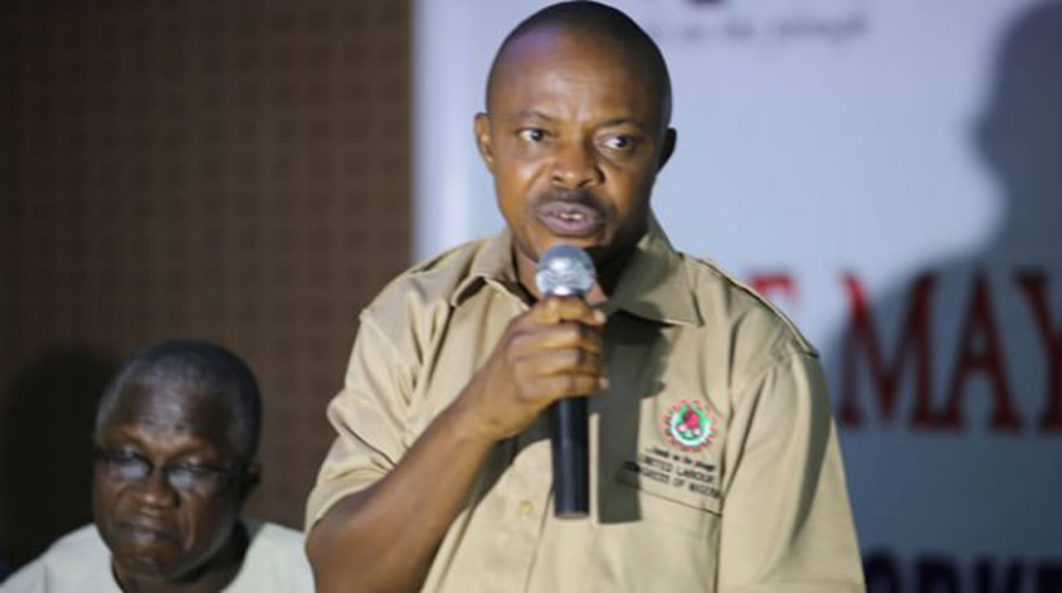The Nigeria Labour Congress (NLC) has issued a warning that it will begin nationwide strikes in states that have not implemented the new national minimum wage by November 30, 2024.
The NLC instructed its state branches to initiate strikes starting December 1, 2024, in any non-compliant states. This decision underscores the NLC’s determination to ensure the wage policy is applied across the country.
Following a recent National Executive Council (NEC) meeting in Port Harcourt, NLC President Joe Ajaero expressed concern over the severe economic challenges facing Nigerians.
He noted that high inflation, skyrocketing living costs, and inadequate access to essential resources are forcing many Nigerians into extreme poverty, with workers especially vulnerable.
This, he said, has led to the re-emergence of nutrition-related diseases like kwashiorkor and marasmus as families struggle to afford basic needs.
Ajaero urged the Federal Government to take significant action, beyond minor relief measures, to improve the situation.
The NLC called for a nationwide wage adjustment that considers the rising cost of living and demanded a reassessment of policies that negatively impact Nigerian citizens.
Additionally, the NLC proposed comprehensive social protections, including affordable healthcare and a living wage, to shield Nigerians from worsening poverty.
On the minimum wage issue, Ajaero condemned certain government officials and governors who have resisted implementation, labelling it both a legal and moral failure.
He emphasized that these actions disregard workers’ rights amid the economic crisis. In response, the NLC announced plans to form a National Minimum Wage Implementation Committee to monitor, mobilize, and educate citizens on workers’ rights, aiming to combat what it described as an “assault on workers’ dignity.”
The NLC also addressed concerns over petrol prices, criticizing the industry’s powerful players for allegedly inflating costs.
Ajaero claimed that inflated margins and cost padding are commonplace, noting that workers and citizens are paying higher-than-market prices for petrol. He argued that political and business elites may be preventing domestic refineries from resuming operations to maintain control over fuel prices.
To counter this, the NLC demanded that public refineries in Port Harcourt, Warri, and Kaduna be swiftly restored to break the monopoly on fuel pricing.
In addition, the NLC voiced support for the Rivers State government amid ongoing political tensions that threaten its revenue access.
It also called on the Federal Government to make more Compressed Natural Gas (CNG) buses available and develop the necessary infrastructure to facilitate affordable transportation for workers across the nation.


